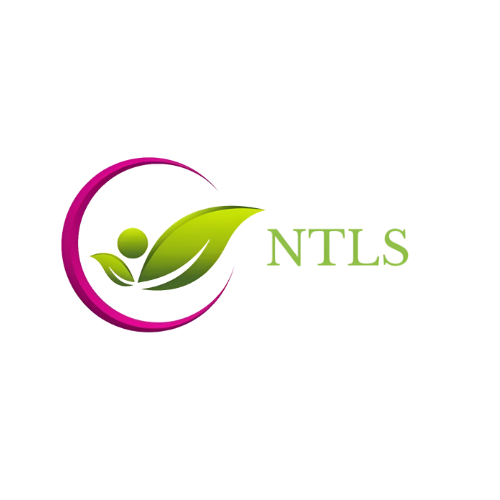European Linguistic reviews
Linguistic reviews are critical processes in various fields, including academic research, pharmaceutical regulation, and publishing. In academic contexts, linguistic reviews involve analyzing language features to understand writing quality and development https://www.jowr.org/jowr/article/download/582/469/441. For pharmaceutical products, linguistic reviews ensure consistent and high-quality product information across multiple languages in the European Union. The Linguistic review process is unique to Europe.
New drug applications and drug extensions are subject to the same Linguistic Review process. On another side, post-authorization drug variations are subject to linguistic review depending on the type of change. The Linguistic Review process covers re-assessments, renewals, referrals, and safety procedures.
In the pharmaceutical industry, linguistic reviews are crucial for:
- Ensuring consistent product information across 24 official European languages
- Complying with European Medicines Agency (EMA) standards
- Meeting strict timelines in the marketing authorization process
The process involves a standardized timing review, covering translations of product information for centrally authorized medicinal products Quality Review of Documents (QRD) templates and guidelines are used to maintain consistency and clarity in translations
Key Aspects of Linguistic Reviews
- Thoroughness: Reviews often involve detailed analysis of lexical, syntactic, and cohesive elements
- Timeliness: In pharmaceutical contexts, reviews must adhere to strict regulatory timelines
- Expertise: Reviewers need specialized knowledge in linguistics and/or the subject matter being reviewed
- Consistency: Reviews aim to ensure uniform quality and terminology across different languages or texts.
Linguistic reviews play a vital role in maintaining language quality, consistency, and compliance across various fields, from academic writing to pharmaceutical documentation. If EU Member State reviewers determine translation quality is poor during the Linguistic reviews process, this can delay the Commission consultation, which is the final step before authorization and access to the EU market.
As a solution, we offer:
- Ensure that labeling content is accurately translated, culturally appropriate, and compliant with local regulations across various markets
- Ensure that the translations are not only linguistically accurate but also technically sound, meeting the specific requirements of the pharmaceutical industry.
- Coordinate translations, implementing effective quality control steps

Get in Touch
Have questions or need expert guidance on regulatory compliance? We’re here to help! Contact us today to discuss how NTLS can support your business.
